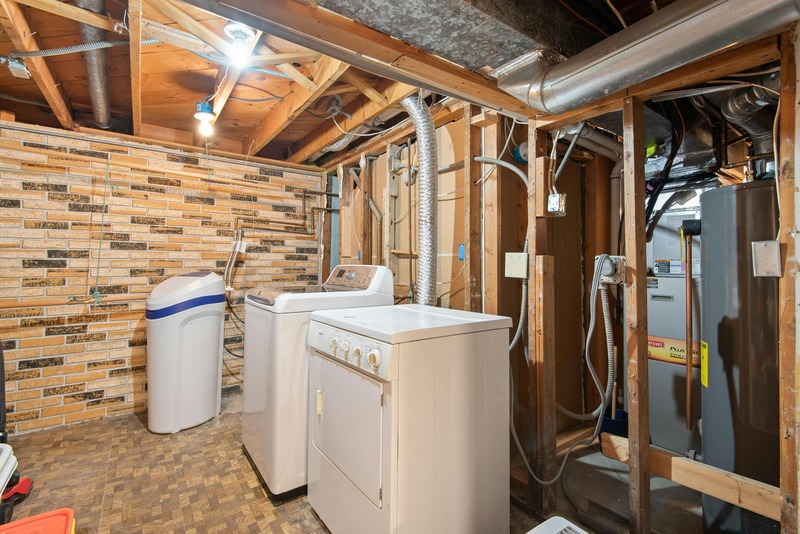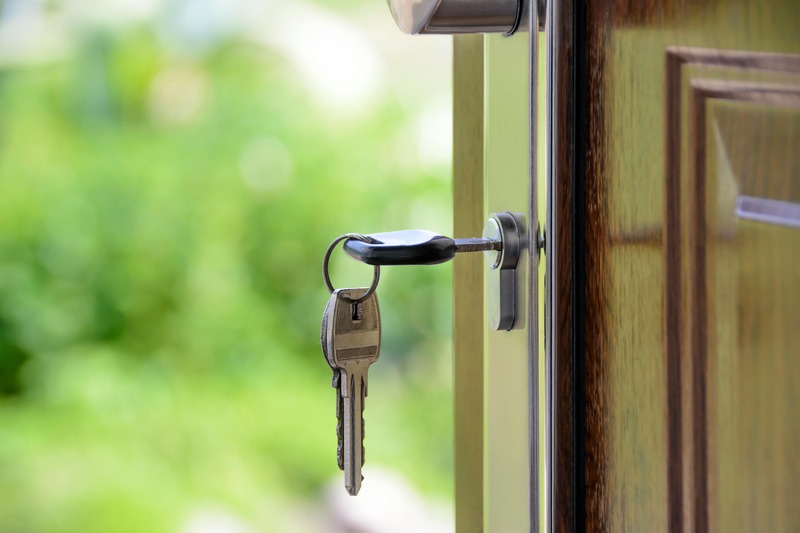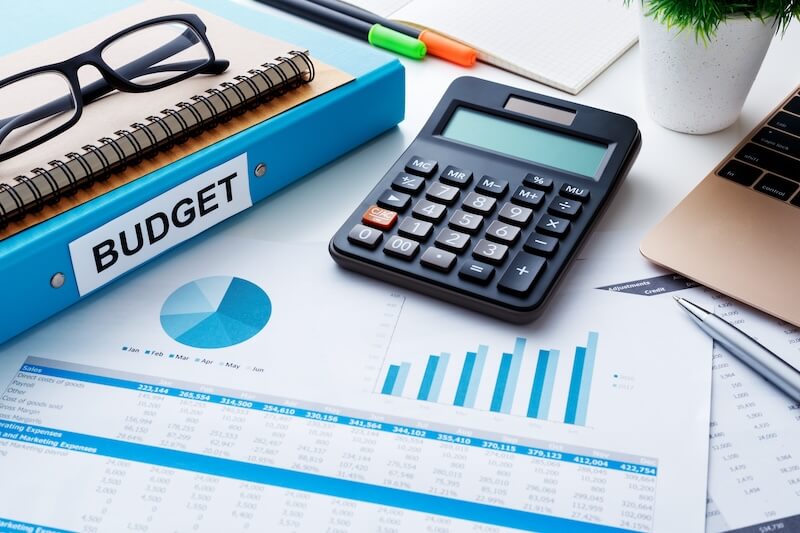
Everything You Need in Your Power Outage Emergency Kit
Discover the essential items to include in your power outage emergency kit to stay safe and comfortable during emergencies.
Imagine this: The sky turns dark, the wind howls, and suddenly, your home is plunged into darkness. A power outage has hit, and it's unclear when the lights will turn back on. But instead of panic, you feel prepared and at peace. Why? Because you have your power outage emergency kit ready and waiting!
This guide isn't just about surviving; it's about maintaining a sense of normalcy and comfort when the unexpected happens. From the essentials like water and food to keeping entertained without electronics, we've got you covered. So let's get ready to face the dark with confidence and discover everything you need to stay safe, comfortable, and even a bit entertained.
Be Prepared to Be Self-Sufficient for 72 Hours
An important rule of thumb when it comes to preparing for a power outage is to have enough food, water, and essential supplies for you and your family to be self-sufficient for 72 hours. This is because, in the event of an outage or weather emergency, it can take up to three days or more for services to be restored or for emergency responders to reach everyone in need.
Essential Supplies You Will Need In A Power Outage or Weather Emergency
A power outage can happen at any time, leaving you without electricity for an undetermined amount of time. To ensure your safety and comfort during these situations, it is important to have a well-prepared power outage kit. Here is a list of the essential items you should have in your kit:
Non-Perishable Food
First things first: food. Stock up on snacks and meals that don’t require refrigeration or cooking. Think canned foods (don’t forget a can opener!), granola bars, jerky, dried fruit, or the all-important peanut butter. If you want to go the extra mile, consider purchasing an emergency food supply kit online. These kits usually include dehydrated meals that have a shelf life of a decade or more, and can be a hassle-free way to ensure sustenance for you and your family in the case of an emergency.
Water
Water is life–literally! To be well-prepared for an emergency, ensure you have at least two liters of bottled water per person per day on hand. This is important for several reasons, from hydration to cooking, sanitizing, and taking care of your basic hygiene needs. If clean water is in short supply or a storm is already on the way, you can fill your bathtubs or cooking pots with water to serve the same purpose.
Light Sources
Now, let’s shed some light on the situation. Here’s what you’ll need to keep your home lit if the power goes out:
- Flashlights: A must-have. Keep a few around with extra batteries.
- Candles & Matches: Old school but effective. Just be mindful of fire safety.
- Headlamps: Perfect for hands-free operation when you’re navigating your home or reading your favorite book.
Emergency Radio
An emergency radio can be a game-changer. It keeps you updated on the situation outside, even when your power supply has been cut short and your phone’s out of juice. I recommend opting for a hand crank or solar-powered radio so you can stay informed no matter what the circumstances are.
Prescription Medications
If you or someone in your family relies on prescription medications, having a spare supply is crucial. You don’t want to be caught without them.
First-Aid Kit
Accidents happen, especially in the dark. A well-stocked first-aid kit can handle most minor emergencies. Helpful items to have in your first-aid kit include adhesive bandages, sterile gauze, adhesive tape, pain relievers, scissors, tweezers, a thermometer, gloves, antiseptic wipes, and antibiotic ointment.
Portable Chargers & Batteries
Keep those devices charged! A portable charger or power bank can be a lifeline when you need to make a call or find information online. Solar-powered portable chargers can be a great option if the power goes out. It’s also smart to keep a supply of extra batteries in your emergency kit for power outages.
Sources of Warmth and Cool
Depending on the season, you’ll want to stay warm or keep cool without power:
- Sleeping Bags & Extra Blankets: Cozy up and stay warm. This is especially important during winter months.
- Battery or Solar-Powered Fans: A cool breeze can make a big difference in the heat.
Portable Camping Stove
No power? No problem. A portable stove means you can still cook up a storm—just make sure you have the fuel you need. I opted for a butane camping stove in my emergency kit.
Portable Generator
If you're feeling fancy and want to keep some semblance of electricity, a portable generator can power crucial items like medical devices, your refrigerator, or fans.
Pet Food
Can't forget about our furry friends! Make sure that you also have a 72-hour supply of pet food to keep them happy and healthy.
Entertainment
Power outages can be boring, but they don’t have to be. Here are some items to keep on hand for screen-free entertainment:
- Books: Finally, time to catch up on your reading.
- Board Games: Get the whole family involved for some screen-free fun.
- Puzzles: Perfect for when you have a lot of time on your hands.
Personal Hygiene Items
Keep clean and comfortable with an extra supply of items like wet wipes, hand sanitizer, toothbrushes, toothpaste, skincare, and deodorant.
Comfort Items
Last but not least, don’t forget a few things to make the situation more bearable—an extra set of clean clothes, a plush toy for the kids, or even a scented candle (fire safety permitting)!
Reporting a Power Outage
Now that we’ve covered the essential items for your emergency kit, there is one last thing to keep in mind: the importance of reporting the power outage. This can speed up restoration efforts and keep you in the loop about when the lights will come back on. It’s a good idea to have the contact details of your utility company in your phone or written down in a place that’s easily accessible.
Disasters don't plan ahead, but you can!
Emergencies have a terrible habit of popping up uninvited and at the worst possible times. But here's the good news: you can outsmart the unexpected with a bit of preparation. So, take the time to assemble your power outage emergency kit, familiarize yourself with how to report outages, and remember, the best defense against a disaster is a good plan of action. By being prepared, you're securing your safety and comfort.
Written by Kendra Aquino
Kendra is EnergyBot's Content Manager.
Connect
Recent Posts
What is considered a utility bill? Your Guide to Essential Services
Utilities help to keep your daily life comfortable and your home operable. So, what is considered a utility bill? And, what is the average cost of your monthly utility bill? In this guide we’ll break down what types of essential services make up your utility bills, how to read your bill, and strategies for reducing different utility bills.
March 2025

4 minutes

Creating Your Home Buying Budget: How much house can you afford?
Before you begin the home buying process, it’s important to take the time to understand how to budget to buy a home. In the time leading up to closing you’ll need to make smart financial decisions and save strategically for your home buying budget.
March 2025

6 minutes

Why You Need to Create a Budget: Everything You Need To Establish a Home Budget
Struggling to manage your finances? Learn how creating a household budget can help you take control of your money, reduce stress, pay off debt, and save for the future.
March 2025

6 min

.jpeg)


